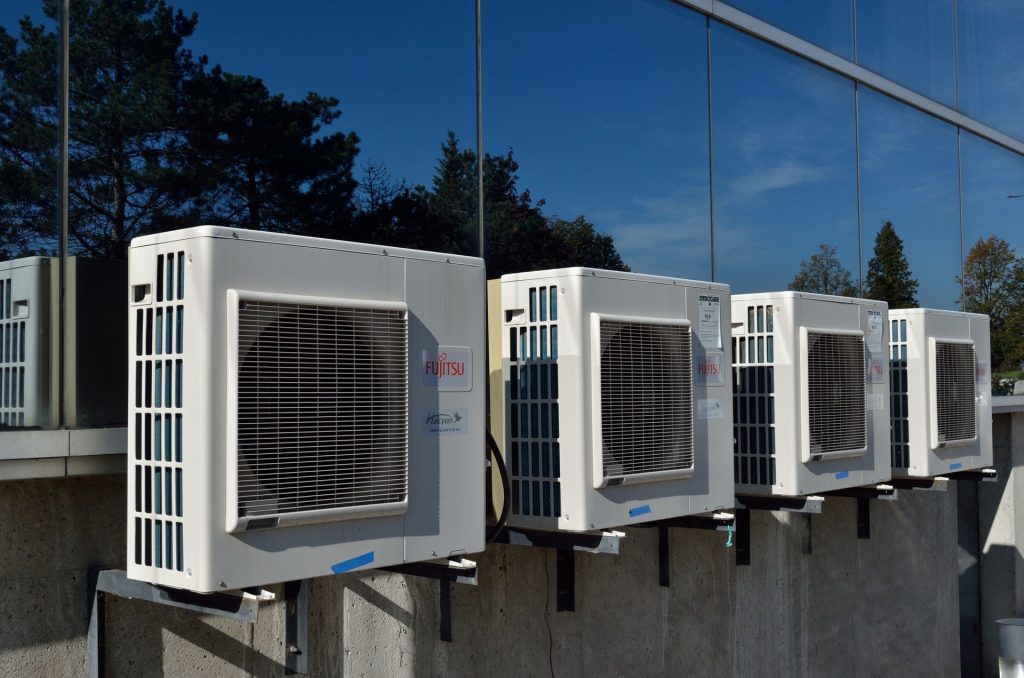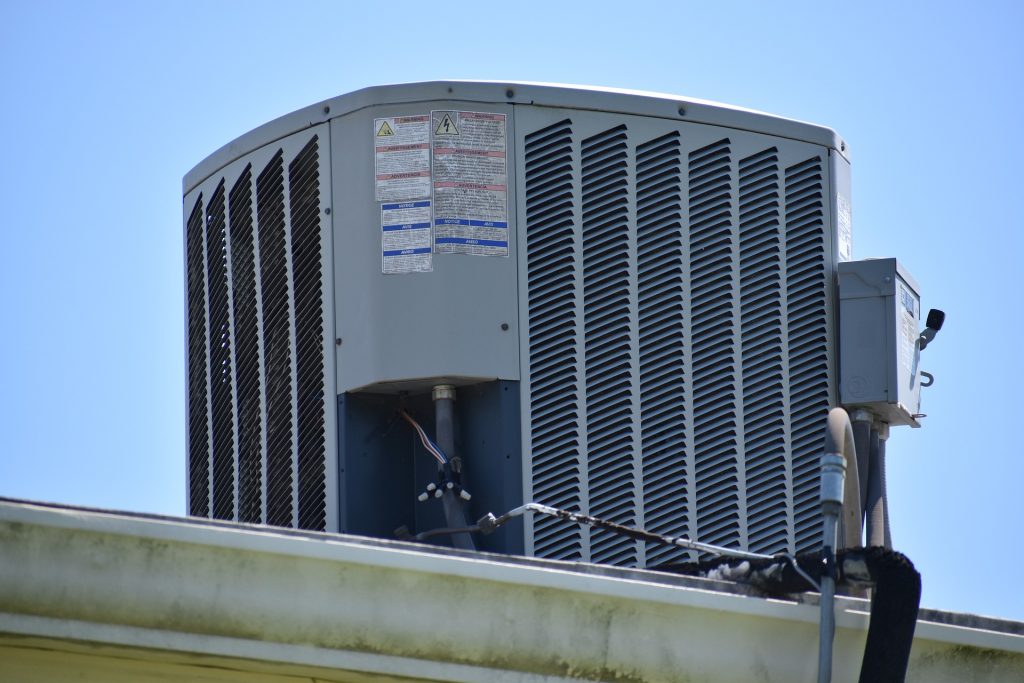The heating function of an HVAC system functions similarly to the cooling function. Via a series of ducts, the air is drawn into the device. The furnace heats the air as it passes through the system through heat exchangers. As a result, HVAC systems keep you warm and comfortable in the winter and cool and refreshing in the summer. The systems also filter and clean indoor air to keep you safe and keep humidity levels ideal for your comfort.

When determining which of the best HVAC units to install in their homes, there are a few key considerations that homeowners should keep in mind. To shop for the system you don’t need to be an expert. However, you should be aware of the requirements and the components that can help you achieve them. The following are essential considerations to remember before buying an HVAC machine.
1. The Size of The Unit
This is critical since inappropriately scaled devices trigger a slew of issues. If the machine is too big, it will break down more quickly. Since the HVAC system is too efficient at heating and cooling the building, it cycles on and off more often. Consequently, you could need the help of a Certified Heating and Cooling technician more frequently, or the device may need to be replaced sooner than anticipated.

Naturally, if the device is too thin, it will be ineffective in cooling and heating your home properly. In some cases, adjusting the temperature will solve the issue, but some devices can be too small to reach the ideal temperature.
2. Brand and Model
Another important aspect to consider when deciding which HVAC device to buy is the brand. Comparing prices for the same equipment is the best way to narrow down your choices. This can be not easy because even within a single manufacturer, different models with the same capability and efficiency can work differently.
Most brands and models, such as Goodman, Rheem, and Direct Comfort, are categorized as good, better, and best, with prices ranging from the lowest to the highest and simple to the most advanced features/options. Take the time to review brands and their units to ensure that you get the most bang for your buck.
3. Air Quality
Your HVAC system should have a good dehumidification unit to reduce the room’s humidity, increase cooling, and provide more comfort. During the monsoon season, HVACs with a good dehumidifier will provide better cooling and comfort. The filter is something else to keep an eye out for. A good filter increases the performance of the HVAC system while also providing better cooling.
4. Split or Packaged Unit
The most popular alternative is a split air conditioner. It consists of two units, one of which is located outside your home and the other located inside. The coolant lines connect the two systems. Both systems are housed in a single cabinet, which your HVAC technician installs outside.
You could benefit from a Goodman package unit depending on the style and size of your home. These versions take up less room and are frequently less expensive to build. On the other hand, split systems are still an option, so talk to a pro about your choices.
5. Power Consumption
When buying an HVAC system, power is a critical consideration. If your machine is old, it can use a lot of energy, resulting in a large bill at the end of the month. Small air conditioners are rated for energy efficiency by energystar.gov, a US Department of Energy and the Environmental Protection Agency program, which assists customers in selecting the appropriate HVAC unit.
The EER (Energy Efficiency Ratio) is used to rate air conditioners. EER is the ratio of the HVAC’s cooling capacity in BTU to the unit’s electrical power consumption in watts. Energy Star compliance is issued to units with an EER that is 10% higher than conventional versions. The rating ensures that the device can consume less energy than other HVAC systems.
The importance of HVAC (Heating, Ventilation, and Air Conditioning) units in a home cannot be overstated. They keep the temperature just right so that we don’t freeze or sweat excessively. Heat, smoke, and dust do not pollute your home or workplace’s inside air with a fully functioning HVAC system. HVAC systems have been shown to use up to 40% of energy, according to reports. They are now more effective than previous systems and will save you 30-40% on your energy bills. As a result, use the information provided above to ensure that your option can have the best possible features.
